
Mass incarceration is slavery. Abolition is a vision for the future.
No system designed to make money by subjugating people intends to rid us of those harms. Abolition is a vision for the future.

No system designed to make money by subjugating people intends to rid us of those harms. Abolition is a vision for the future.
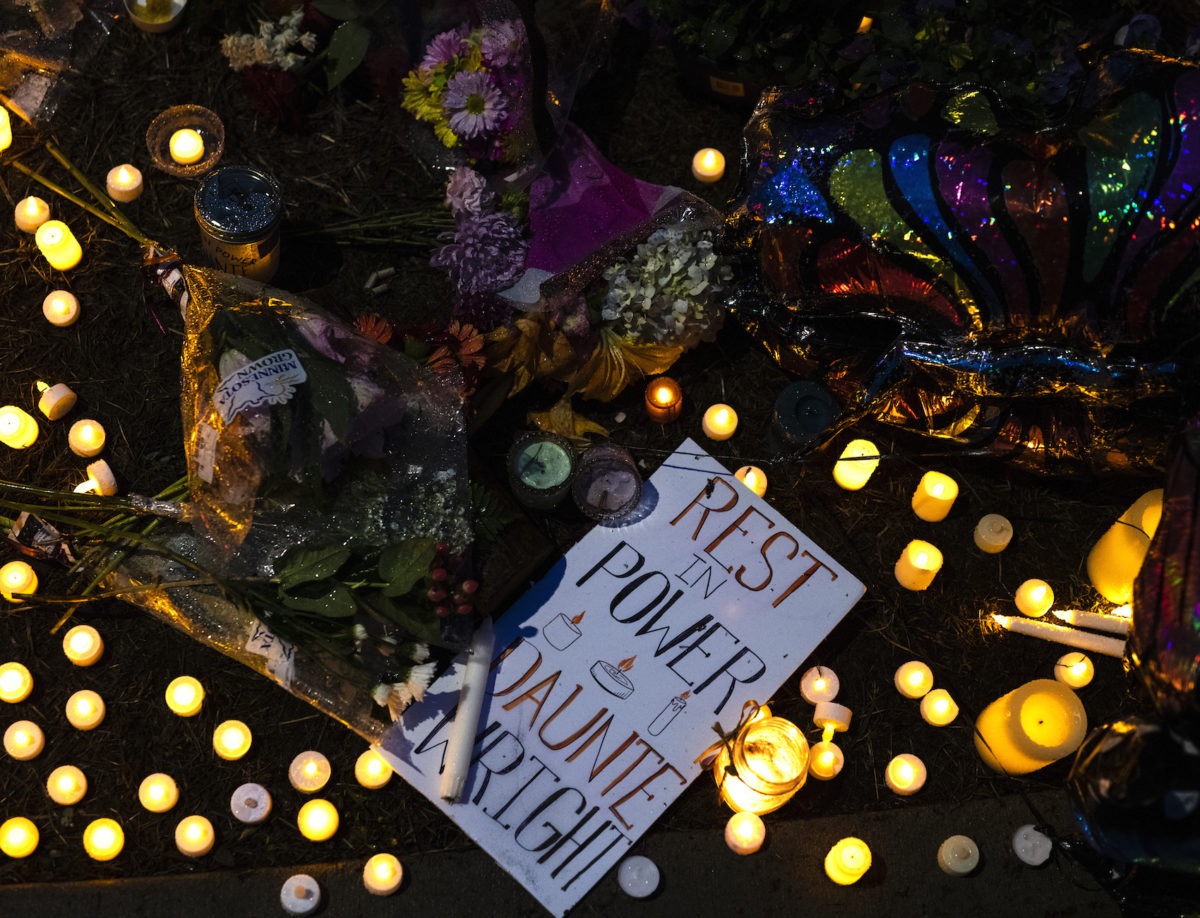
The criminal legal system “relies heavily on collecting money from the very people targeted by the system,” in the process incentivizing police to punish as many people as possible, the authors of the ACLU report write.
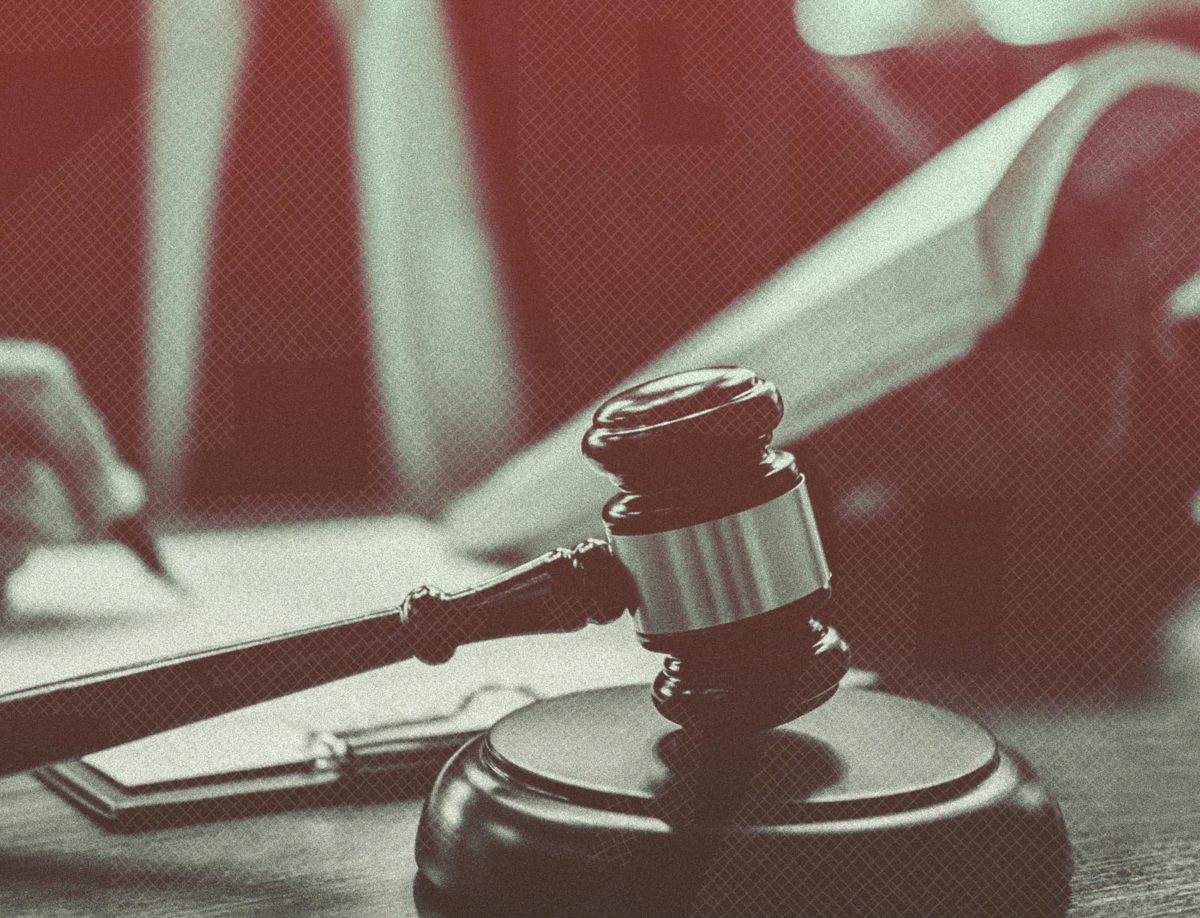
Judge Paul Bonin improperly required people who appeared in his courtroom to purchase ankle monitors from a private company run by one of his former law partners, a lawsuit says.
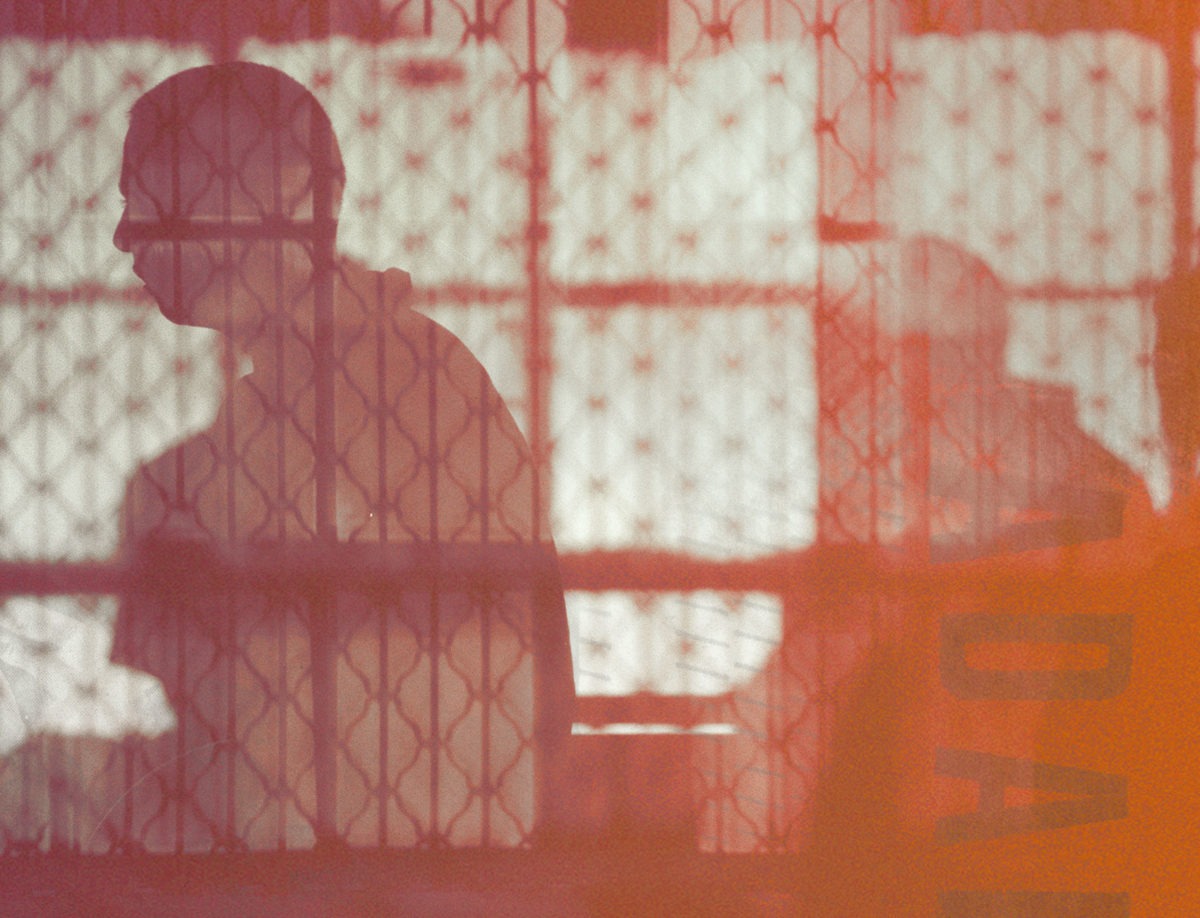
In Hillsborough County, Florida, the jail population is bloated by cash bail, fines, and fees, perpetuating health inequities during the COVID-19 pandemic.
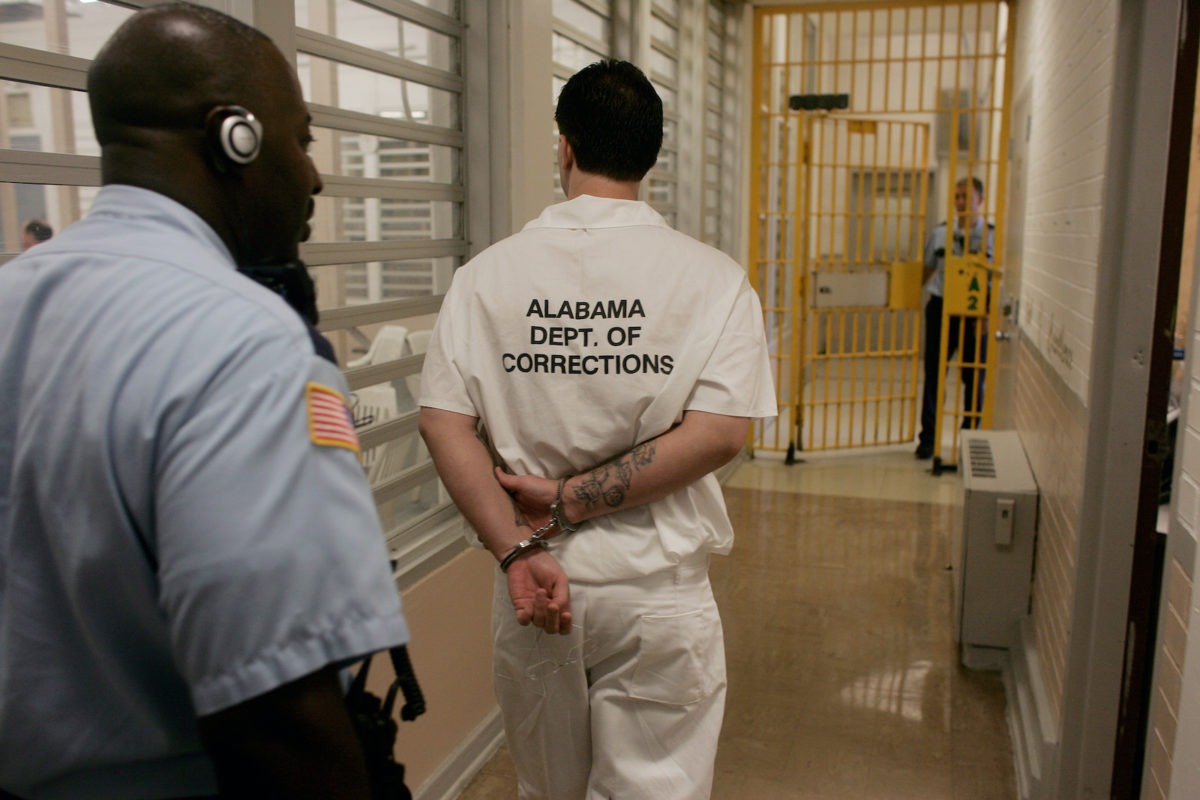
A survey of roughly 1,000 people found that 1 in 5 had been turned down for a diversion program because they couldn’t afford the costs of drug tests and monitoring devices.
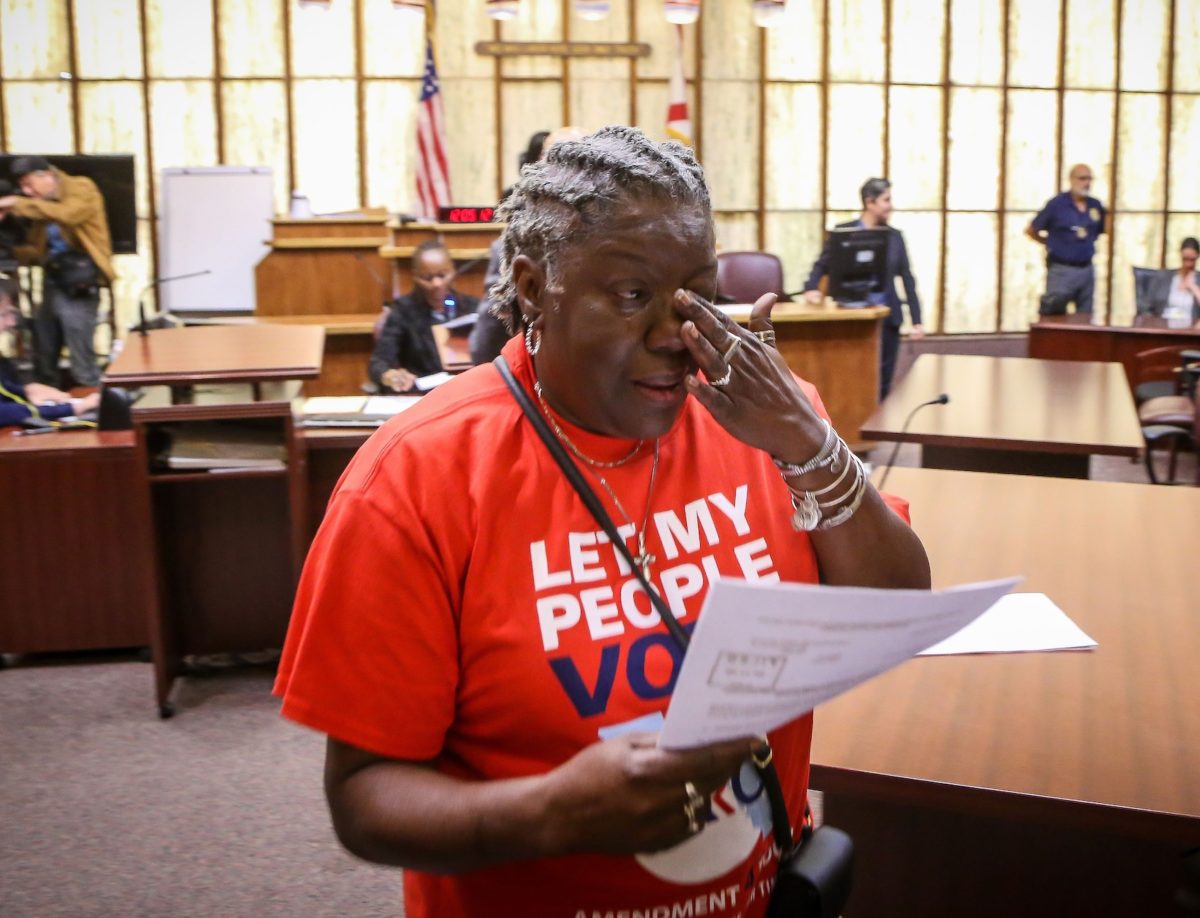
The court found that a law that critics described as a poll tax violates the Constitution.
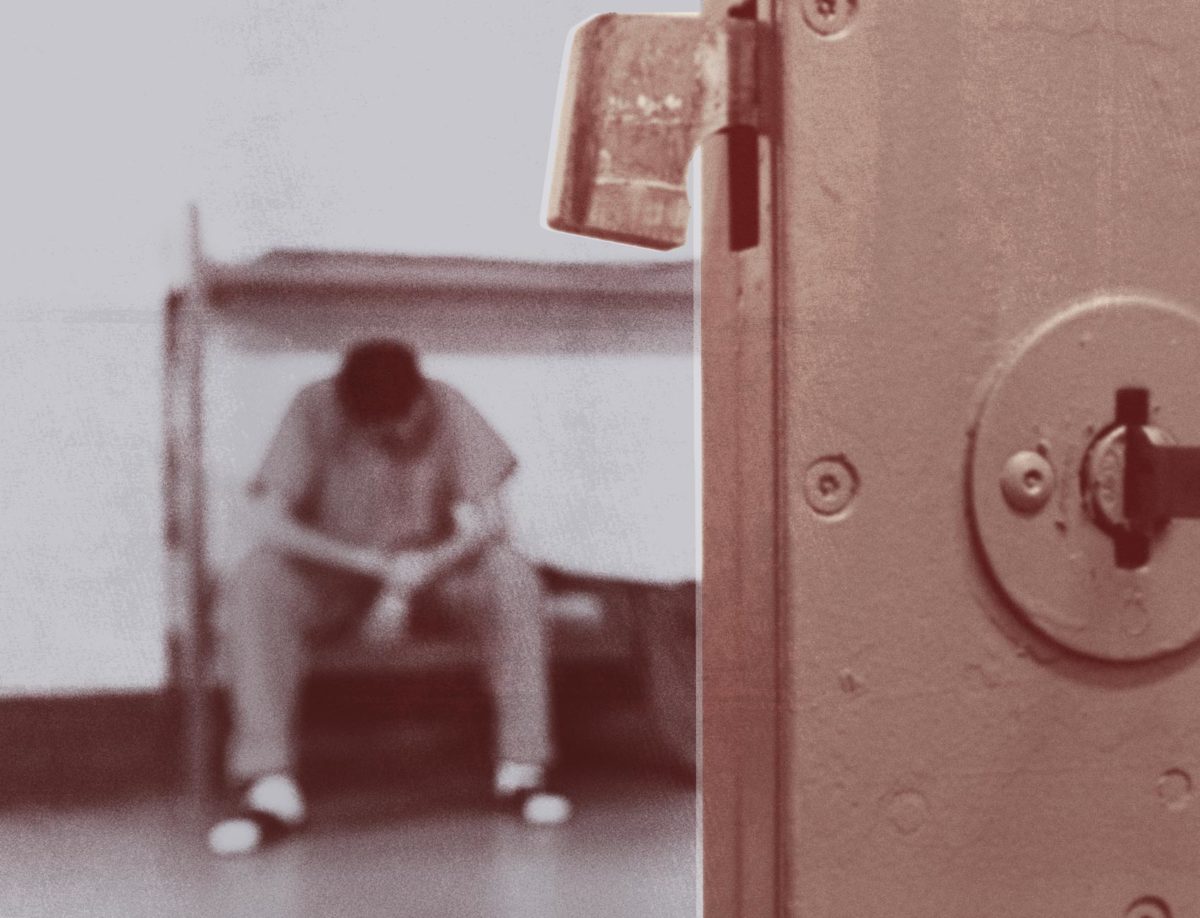
A bipartisan group has recommended substantive changes to the state’s legal justice system, including cash bail reform and proposals to divert people living with mental illnesses away from incarceration.
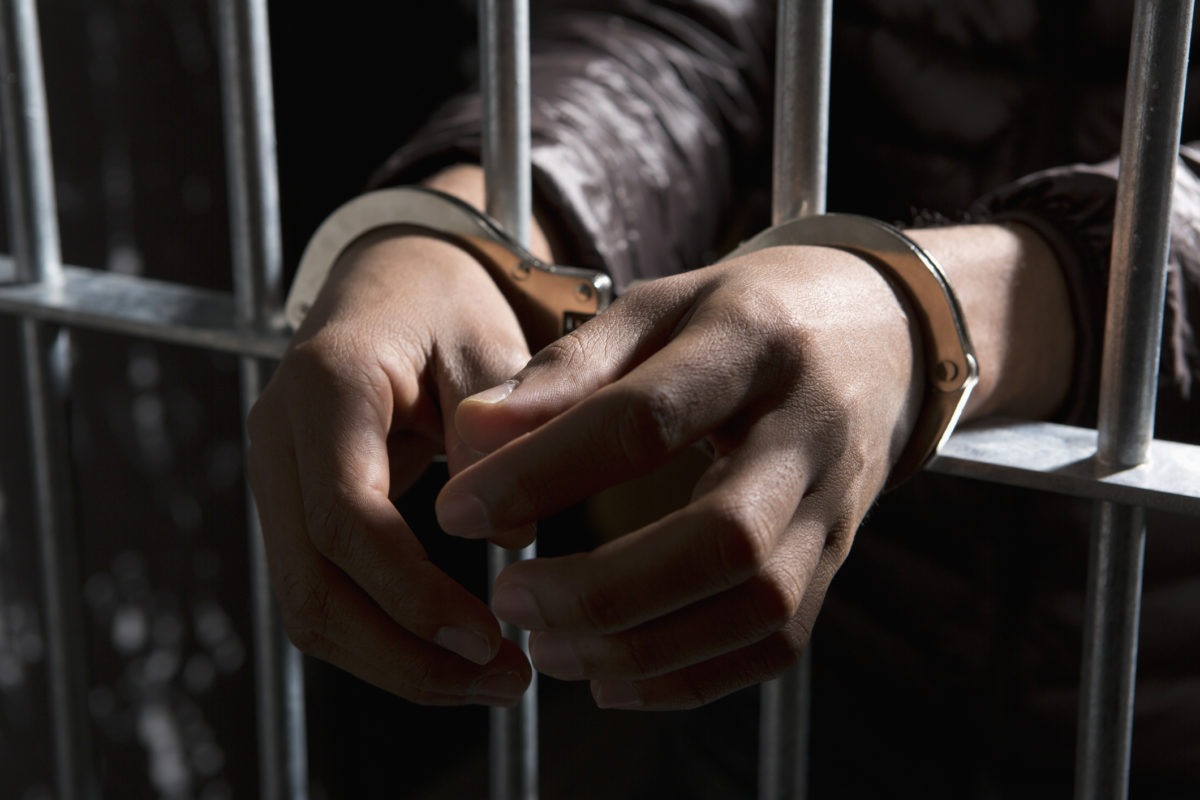
A case before the Kentucky Supreme Court involves a challenge to the practice of charging people for the time they are held in jail even if they are ultimately not convicted of the charges against them.
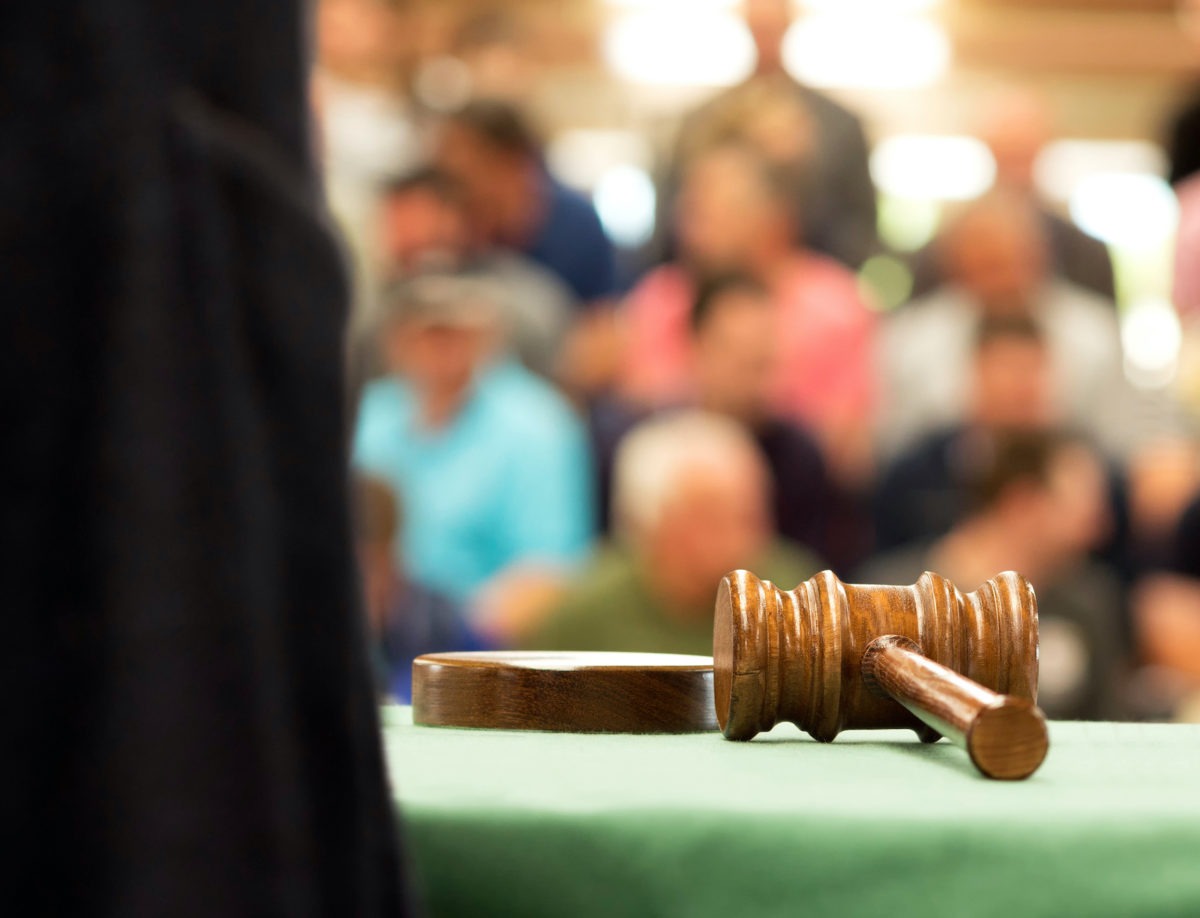
State law must change to stop judges from using jail time to force the poor into paying penalties they can’t afford, says one advocacy group.
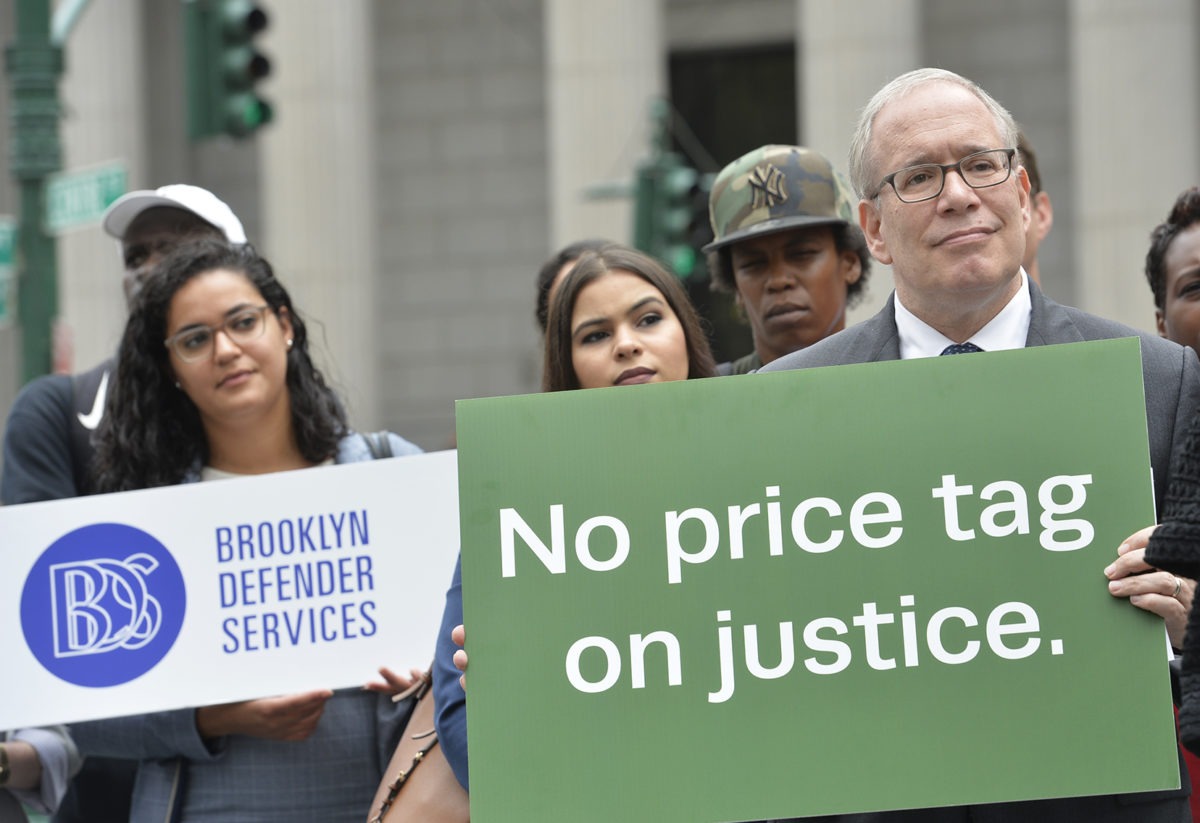
The city comptroller, state lawmakers, and advocates call on the state to end its use of fines and fees in the legal system.
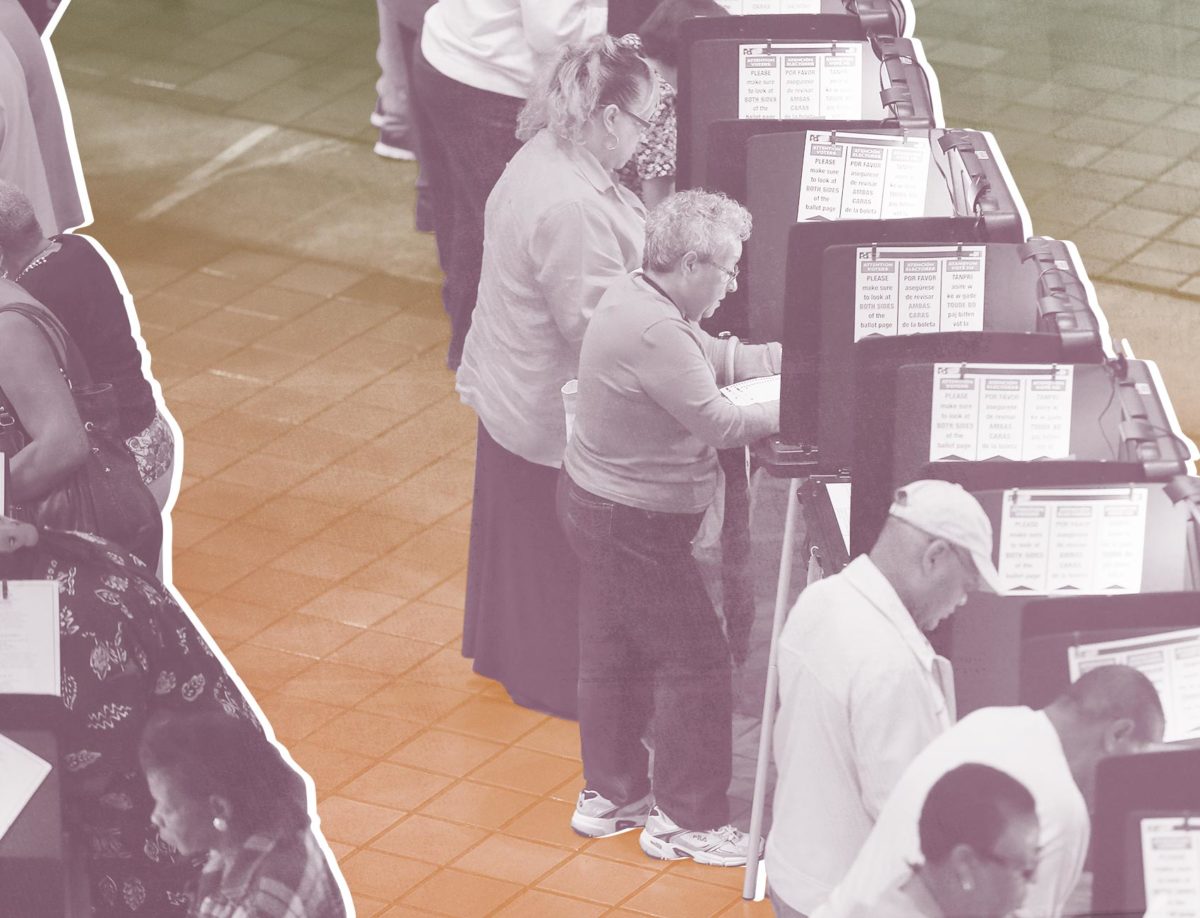
Lawyers and advocates in Miami-Dade County will roll out a new plan to counter the disenfranchisement of people with felony convictions.
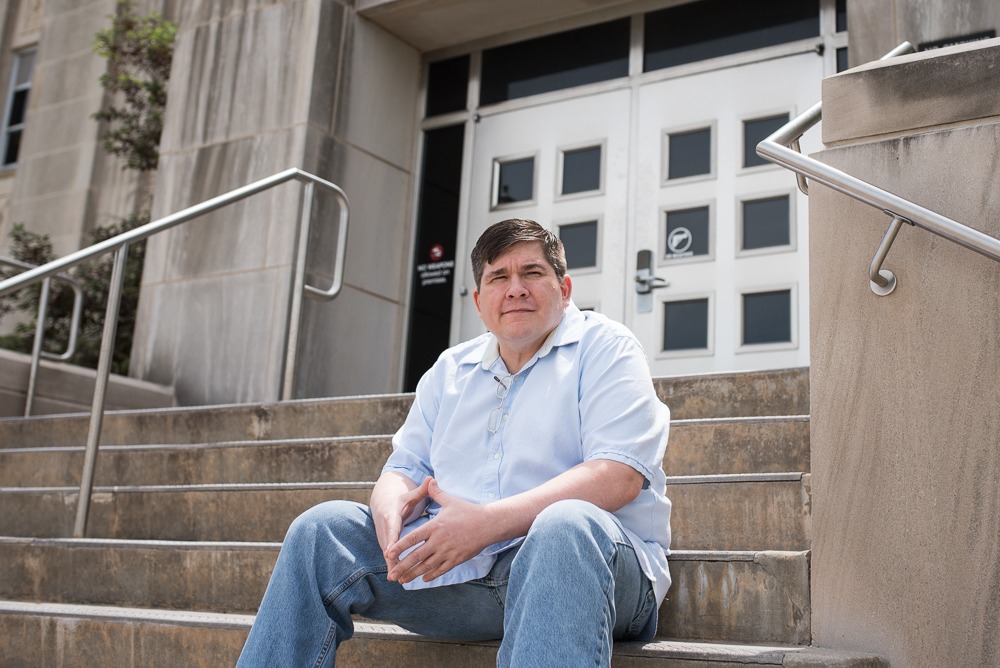
A company in Cleveland County exemplifies how for-profit legal services affect poor and vulnerable individuals.
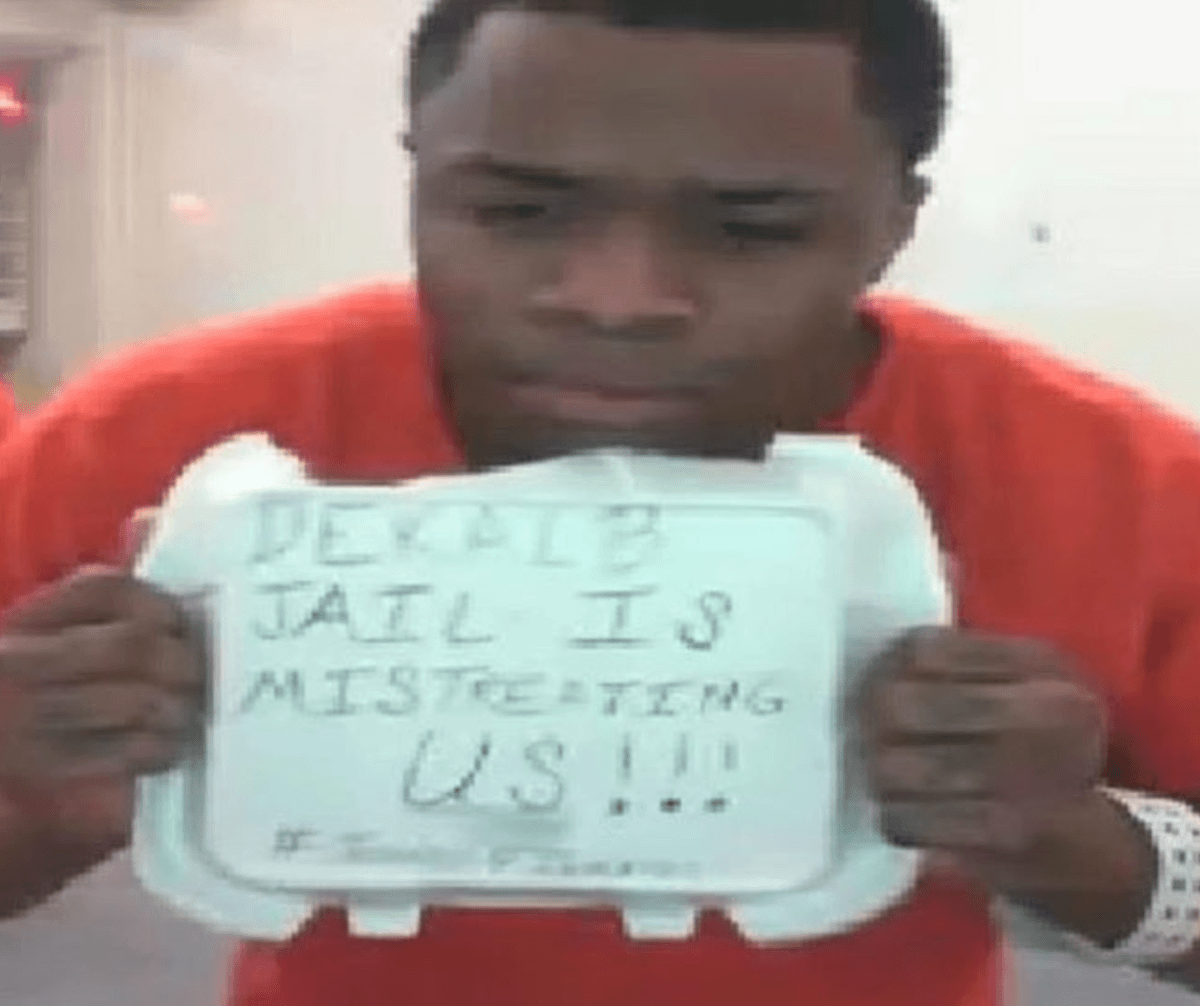
The DeKalb County Jail, now at the center of protests, has a long history of problems and a legacy of housing people for unpaid fines.

Lawmakers are debating whether to let people with felony convictions vote—but there could be a catch.
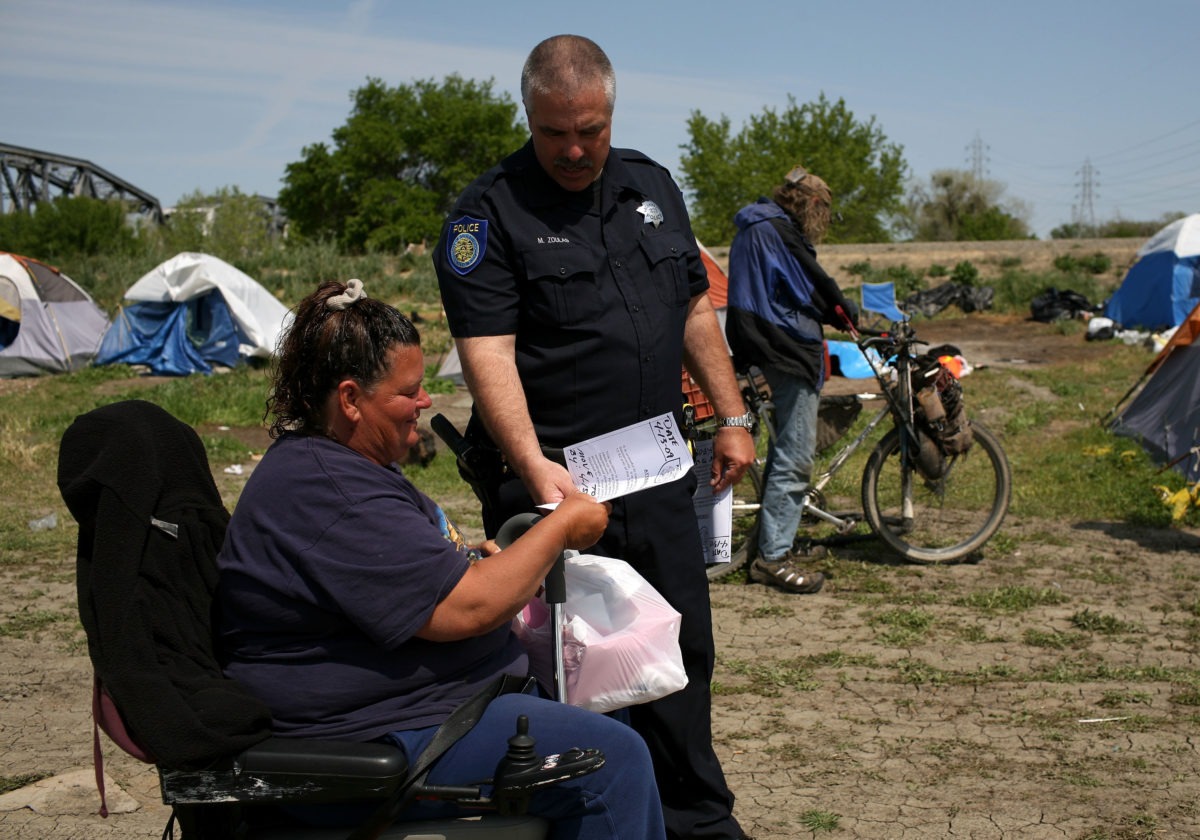
Josie and Clint talk with Sara Totonchi, the Executive Director of the Southern Center for Human Rights.
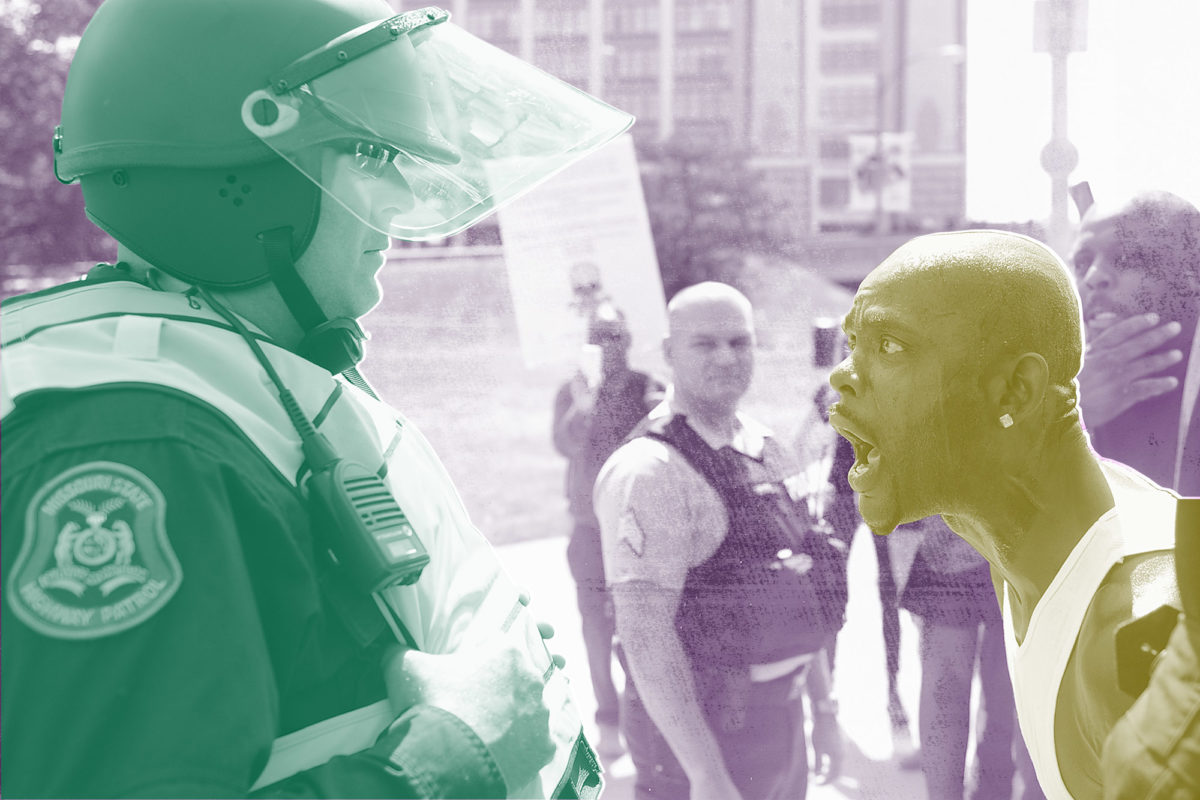
A new proposal to abolish small police forces seeks to end the cycle of debt and incarceration.
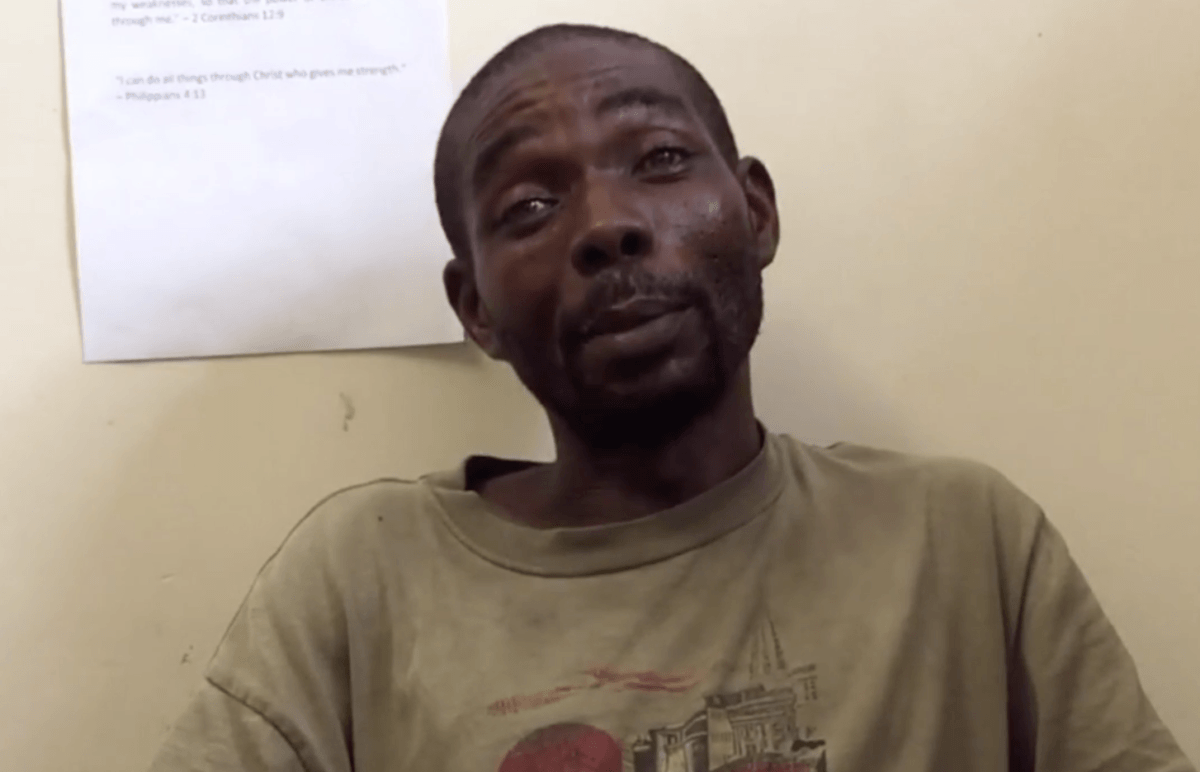
Terrance has been jailed repeatedly over court debt for fishing to feed his family.
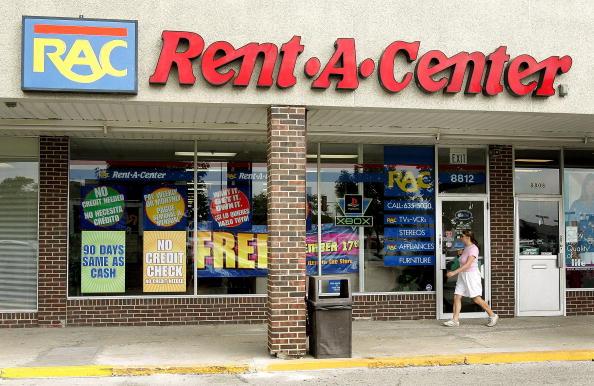
The state’s “theft of leased property” statute allows prosecutors to seek felony charges for Pennsylvanians who miss payments on rental items.
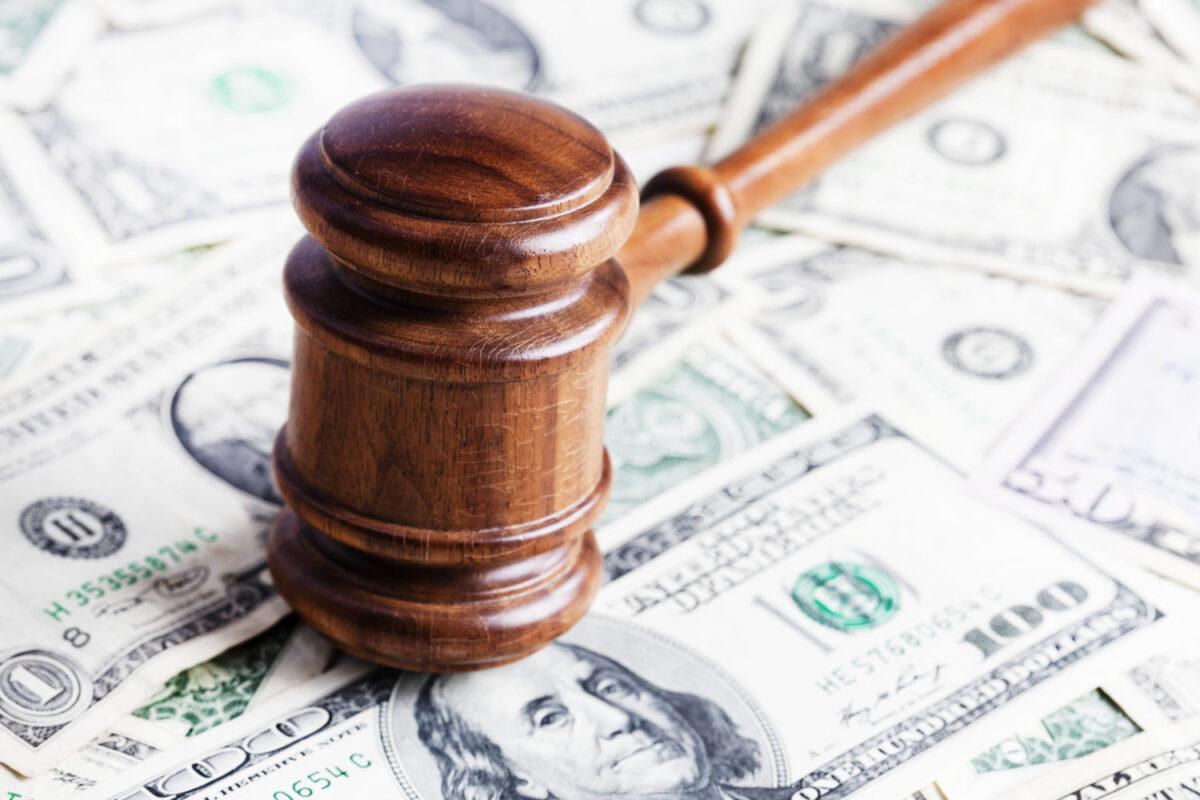
The ‘plea fee’ stems from a state law passed in the 1980s and can cost nearly $200, depending on the county.
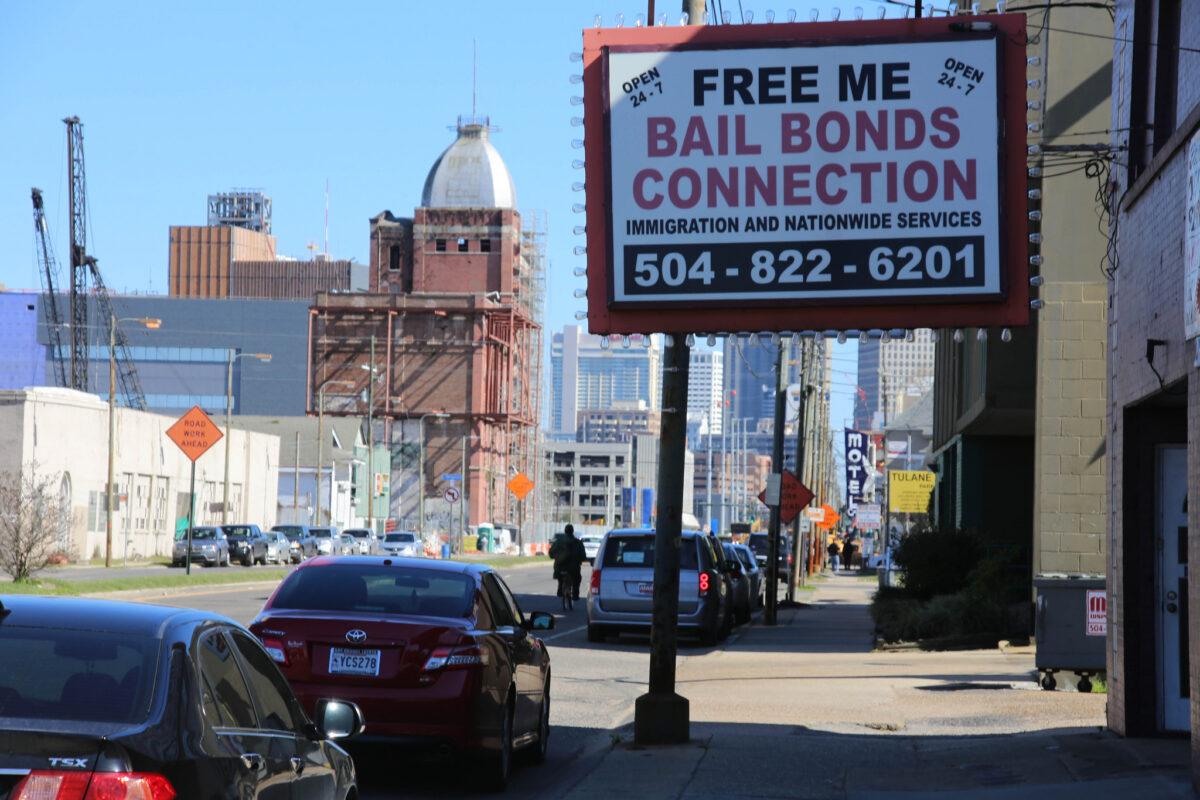
The criminal court was funneling millions of dollars a year from poor communities.
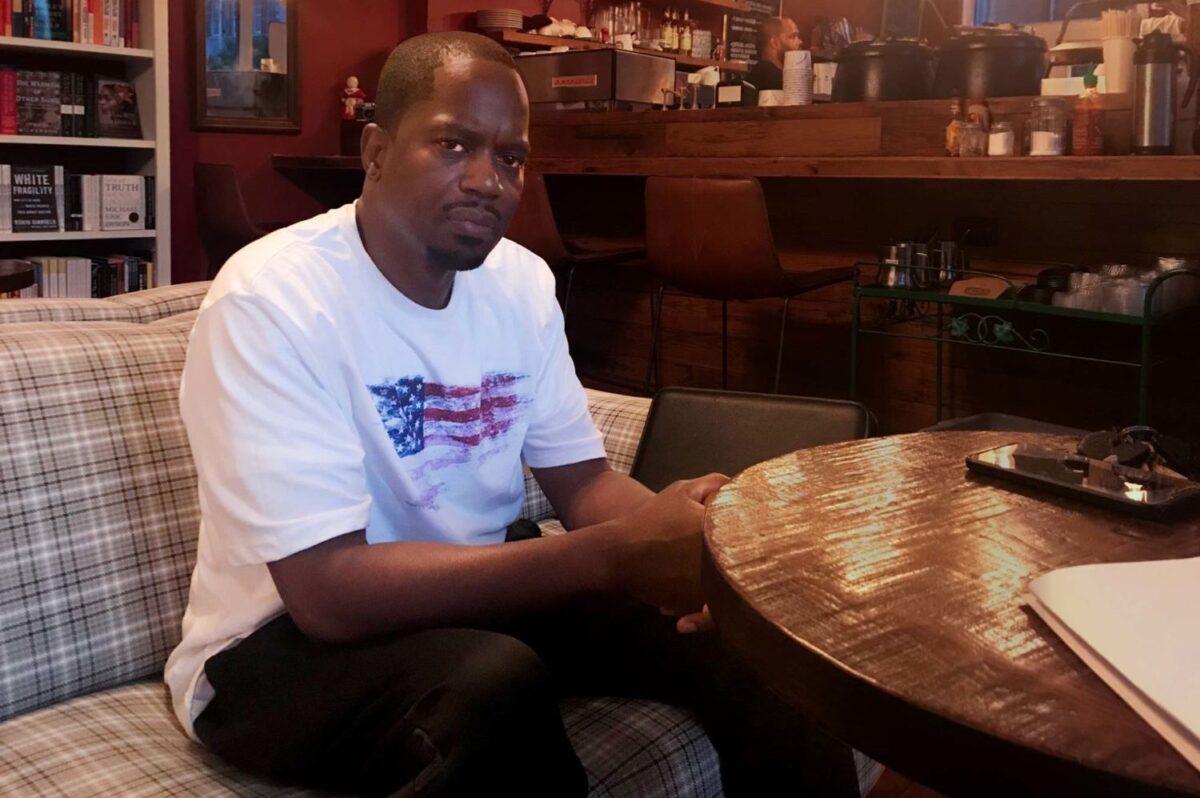
And padding city and state coffers with millions of dollars.
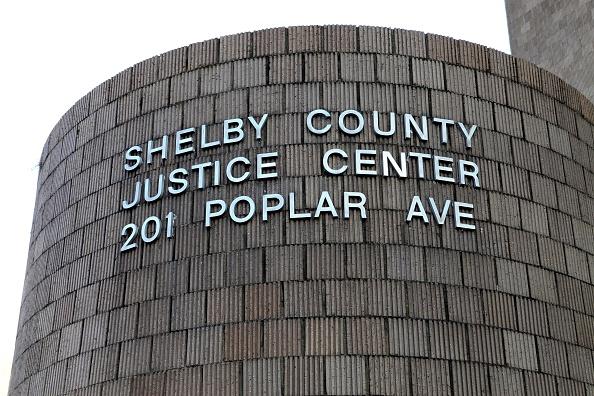
In jurisdictions across the country, people incarcerated before they’ve ever been convicted of a crime are charged a daily fee just for sitting in jail—and several courts have ruled that the practice is legal.
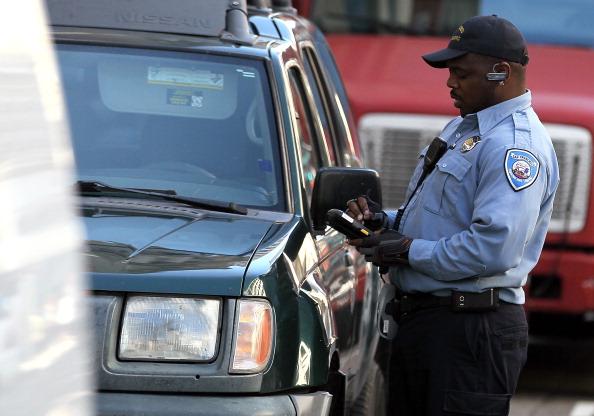
San Francisco just became the first city in the nation to stop charging court fines and fees, but the rest of the state has a long way to go.